Video Transcript
(0:19-0:26) Yekokeb Berhan put my brother and me in school and we are learning. And my brother didn’t die, he was cured
(0:27-0:31) I would have committed suicide if Yekokeb Berhan had not come along
(0:32-0:39) I would like to thank Yekokeb Berhan for equipping us with so many skills so people don’t have to beg
(0:44-0:55) Yekokeb Berhan Program for Highly Vulnerable Children is a five-year program that serves a half a million children annually in areas with high HIV prevalence,
(0:56-1:00) And is funded by the President’s Emergency Plan for AIDS Relief (PEPFAR) through USAID Ethiopia.
(1:01-1:08) The name Yekokeb Berhan means, Light emanating from the stars.
(1:09-1:19) The program supports local government, communities and 39 Ethiopian non-profit organizations to manage care and support for vulnerable children and their families.
(1:20-1:27) At family level, the program helps children by helping their families -- through training, self-help and the coordination of care.
(1:27-1:37) I would like to thank Yekokeb Berhan. There are more than five million highly vulnerable children in our country.
(1:38-1:44) If all organizations were to work in this way (like Yekokeb Berhan) then I believe the problems facing these children would be solved.
(1:49-1:55) USAID’s Yekokeb Berhan has improved lives and wellbeing of hundreds of thousands of children and their parents or guardians:
(1:56-2:04) For example, of those families who started off destitute, 55% are now better off economically
(2:05-2:11) and 14,884 children are now in school who should have been in school last year, but weren’t.
(2:12-2:22) I was very sick and lay bedridden for a year and eight months before getting up again. At first I didn’t know what the illness was.
(2:23-2:27) When I got tested they told me it was HIV. When I found out, I started the treatment (ARVs).
(2:28-2:34) When my mother fell ill, I dropped out of first grade because I had to take care of her.
(2:35-2:39) If my mother had not been sick, then I would also be going to school.
(2:40-2:44) If Yekokeb Berhan had not come along, I had even tried to kill myself.
(2:45-2:51) I was caught three times with a rope standing here. I was even considering poisoning myself.
(2:52-2:56) Yekokeb Berhan gave my children exercise books and put them in school.
(2:57-3:05) Then at the end, they said they would train us and we started the training. We were taught how to save money.
(3:06-3:10) When told to choose my work, I said I wanted to bring fruit from the countryside to sell.
(3:11-3:21) I prepared my business plan and the plan was filled on the form (business plan). I got matching funds to add to my savings and I am now working with it.
(3:22-3:30) Since I joined Yekokeb Berhan I have achieved and changed a lot, I know it myself.
(3:31-3:33) For me to be building this house today, it is a major achievement for me.
(3:34-3:40) Now I am very happy. I have hope now that we will do even better in the future.
(3:46-3:54) Yekokeb Berhan is different from other projects. Its work is community based.
(3:55-4:00) Local community committee representatives have supreme power when it comes to service delivery.
(4:01-4:05) They are the ones who approve the services that are delivered to the children.
(4:06-4:19) When Yekokeb Berhan phases out, Community Committees like this one will be responsible for ensuring that highly vulnerable children continue to access the services and support they need to thrive.
(4:24-4:30) Building the capacity and resilience of vulnerable families lies at the heart of Yekokeb Berhan’s approach –
(4:31-4:38) focusing on children affected by HIV and AIDS without creating stigma; preventing children from being left on the streets or given away;
(4:39-4:45) keeping families together and preventing abuse, institutionalization, exploitation and child trafficking.
(4:46-4:56) Life was hard and I couldn’t cope, so I sent my eldest daughter to live and work with other people.
(4:57-5:05) My younger daughter would go out to beg for leftover food and bring back the crumbs she collected which the children would share.
(5:05-5:11) I am the one who took Zenebech to be registered (for the program).
(5:11-5:20) She was with her children yelling. I asked what was wrong. She said, ‘I don’t have anything to feed them.
(5:21-5:26) ‘I wish they would just disappear.’ ‘Why are you saying that?’ I asked. ‘There are people who can help.
(5:27-5:5:35) I was also about to give my younger daughter away when this project came and she remained in my hands.
(5:36-5:40) After I started receiving support (from Yekokeb Berhan) I brought home my eldest daughter too.
(5:41-5:49) Thanks to God I am alive and all my children are with me, and they have not been exploited or abused.
(5:50-5:54) We weren’t left to the wild animals. People have reached out to us.
(6:00-6:07) USAID’s Yekokeb Berhan works with over 20,000 volunteers who are screened and selected by their community leaders…
(6:08-6:12) and who are trained by the program according to the standards set forth by the Ethiopian Government...
(6:13-6:18) Program volunteers are laying the foundation for a growing social service workforce in Ethiopia.
(6:19-6:28) They reach out to children who are most destitute, sick with illnesses including HIV/AIDS, or otherwise excluded from society.
(6:29-6:34) I would like to thank Yekokeb Berhan for equipping us with so many skills so people don’t have to beg.
(6:35-6:44) How? A lot of people have been trained in savings and micro-enterprise. They no longer have to wait for handouts-and for that I am very grateful.
(6:45-6:47) When I grow up I want to join the police. I want to work in a police station.
(6:48-6:50) I want to be a doctor when I grow up.
(6:51-6:55) When I am older after I finish my education, I want to be an engineer.







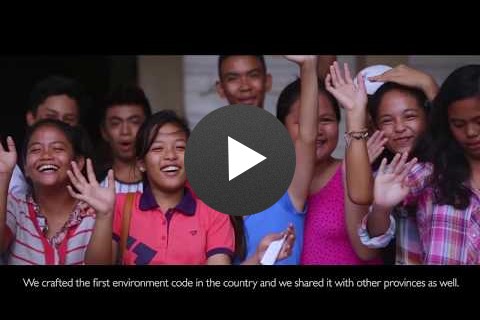

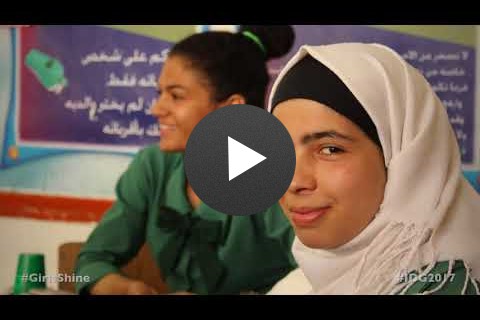
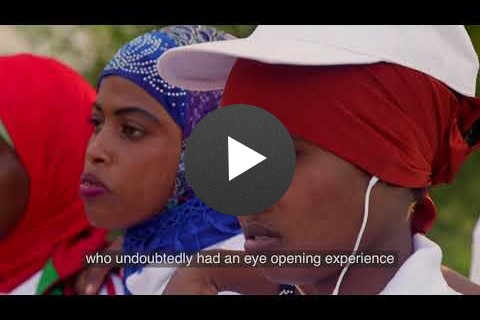
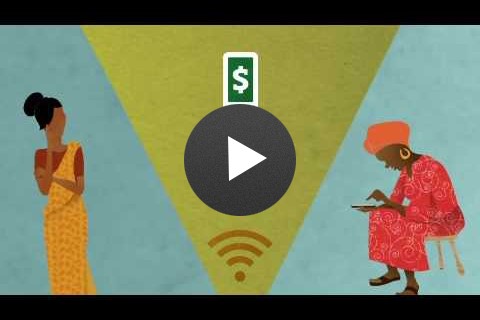
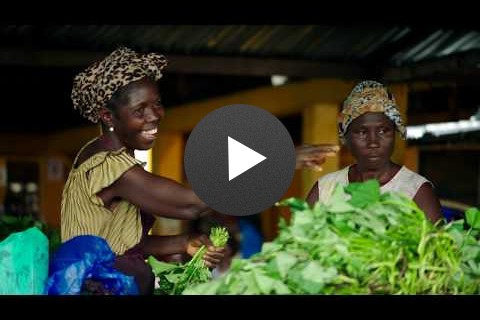
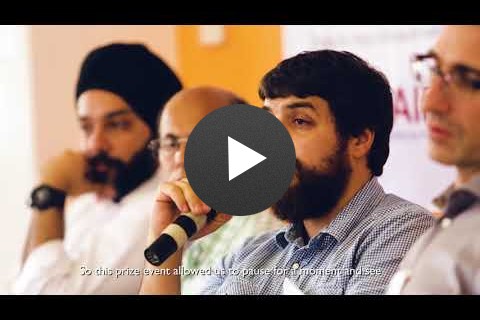
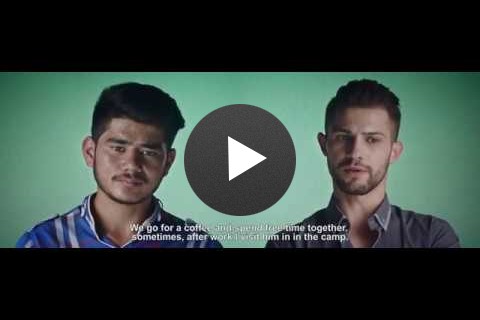
Comment
Make a general inquiry or suggest an improvement.